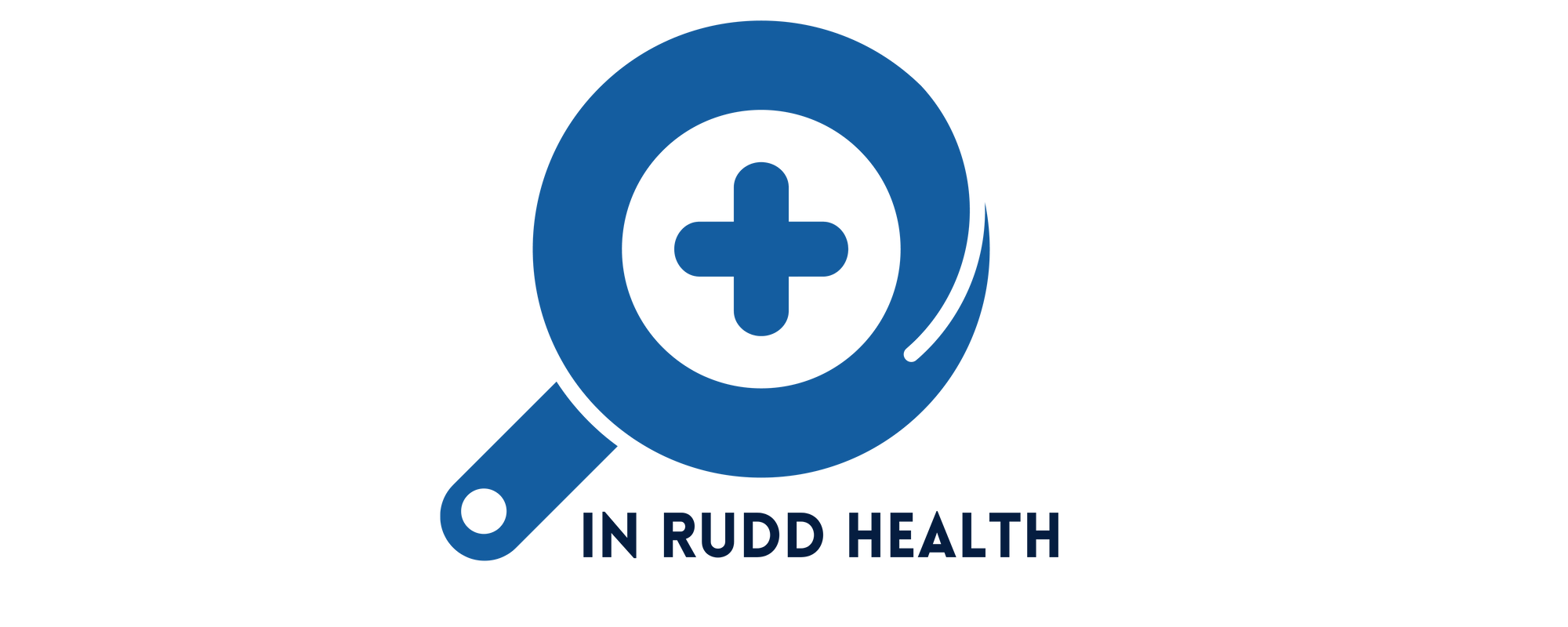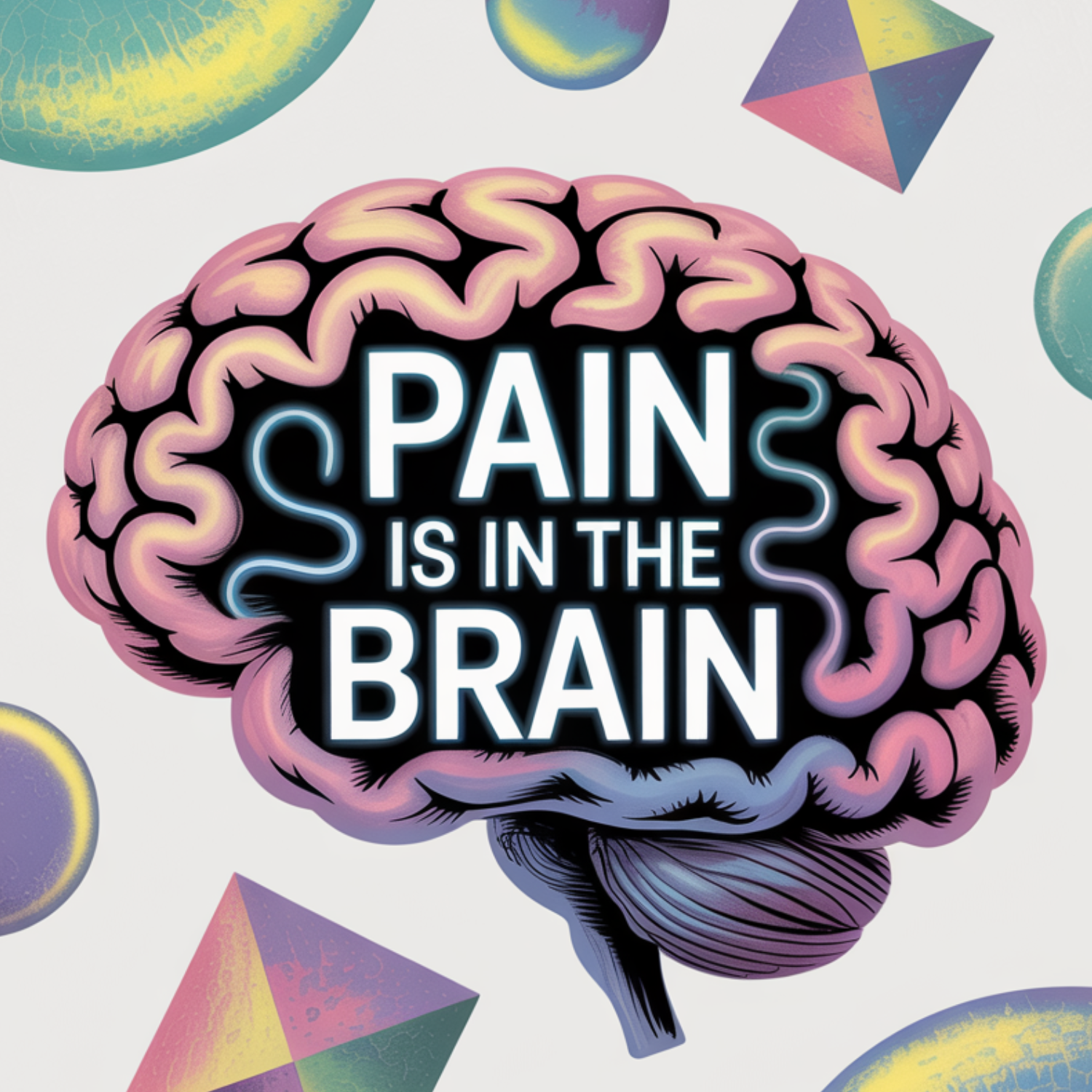📚 What did researchers do?
A team surveyed 550 healthcare professionals (HCPs)—like doctors, nurses, physical therapists—from countries including the UK, USA, Canada, Israel, and Australia. Among them, 231 had chronic pain lasting over three months. The aim? To find out whether professionals who know a lot about pain science and use mind-based treatments (like CBT, mindfulness, or educational programs about pain) feel less pain or enjoy a better quality of life than those who don’t.
🧠 Why this group?
These healthcare workers are somewhat unique—they already understand why and how pain works and often use cognitive therapies with their patients. If mind-based treatments really worked, you'd expect these informed professionals to feel noticeably better.
📊 What did the study find?
- No difference in pain levels. Both specialists and generalists reported similar chronic pain scores of around 4.3 out of 10.
- Quality of life was similar across the board. While healthcare professionals with chronic pain did show slightly lower scores overall, once familiarity with mind-based treatments was considered, there were no real differences in quality of life. (peerj.com)
- Mind-based methods rarely credited for recovery. Among those who had overcome chronic pain, only about 11% said cognitive or pain education helped them. Most pointed to exercises, physical therapy, or natural recovery.
🧩 Why does this matter?
These results challenge the common belief that:
- Knowing more about pain biology alone reduces pain, and
- Using mind-based treatments like CBT or mindfulness effectively lowers pain levels.
But—here’s the twist—even if these approaches don’t reduce pain directly, they do help people feel better about their lives, likely by improving mental resilience and emotional well-being. (peerj.com)
🌍 What are others saying?
On social media, the study's release sparked debate. One commentator noted:
“Professionals with advanced knowledge of how pain is influenced by the mind fared no better with their chronic pain.” (x.com, threads.com)
Another asked whether learning about pain without the benefit of supportive guidance and storytelling (like a therapist would provide) loses its effect. (x.com)
🧭 What does this mean for you?
- If you've learned about pain management through education or cognitive methods and you're still hurting, you're not alone.
- While these mind-based approaches may not reduce pain intensity, they can still brighten your mood, reduce worry, and improve life satisfaction.
- Effective chronic pain management often needs a blend of approaches—physical therapy, gentle exercise, medication when needed, supportive mental tools, and sometimes a bit of patience.
🔍 In summary:
Healthcare pros already in the know about pain and how to treat it don’t seem to benefit in terms of pain relief—but their overall quality of life is on par with colleagues who don’t have chronic pain. This suggests that while cognitive treatments don't necessarily take the pain away, they still play a valuable role in helping people live well with chronic pain.


